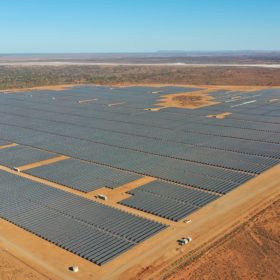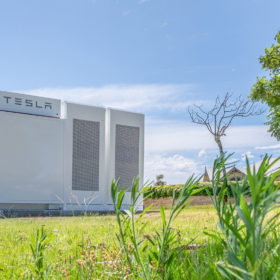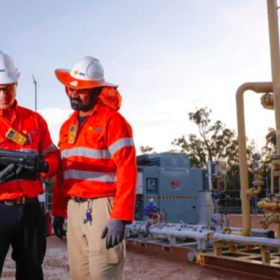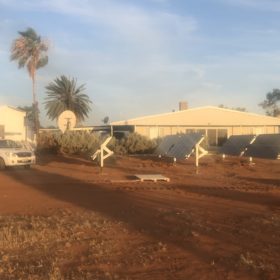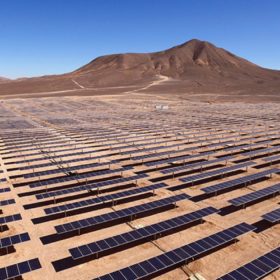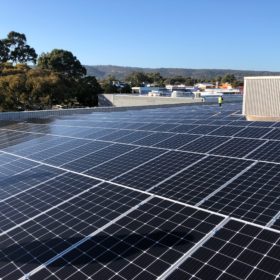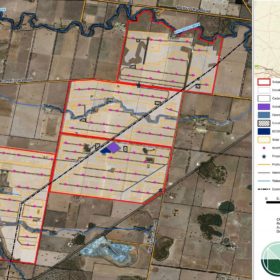5 things to watch in Australian solar sector in 2020
Despite a massive drop in renewable energy investment seen last year, 2020 promises to bring both good and bad news for the Australian solar sector. While network conditions will continue to deteriorate, the low-carbon policy will become more supportive but also more chaotic.
Wagga Wagga goes solar solar
As part of its $1.7 million investment in a greener future, the City of Wagga Wagga is set to install a series of solar PV arrays across its sites. Meanwhile, construction continues on the nearby 120 MW Bomen Solar Farm.
Melbourne energy storage startup set to charge into U.S. market
Melbourne startup Relectrify is on the verge of a U.S. breakthrough with its highly efficient and cost-effective battery storage technology.
Northern Territory schools set for solar savings
Northern Territory Labor’s $5 million Rooftop Solar Program to Reduce School Electricity Costs has finalised the schools chosen for the three-year program. The program forms part of the Territory’s Roadmap to Renewables Plan.
Perth’s first utility-scale community battery
Synergy and Western Power’s PowerBank trial has reached another milestone with the integration of a utility-scale community battery into Perth’s major metropolitan network.
Shell breaks ground on 120 MW PV project to power onshore gas operations
Construction has begun on Royal Dutch Shell’s 120 MW solar farm which will generate clean energy for QGC’s natural gas processing plants near Wandoan in South West Queensland. The project is the oil major’s first global investment in an industrial-scale solar farm.
Solar and batteries slash costs at off-grid WA cattle station
With the help of solar PV and zinc-bromine batteries, a cattle station located in the dry Murchison region northeast of Geraldton will save as much as $10,000 a year in diesel costs.
Canadian Solar to deliver 1.2 GW to Australian and U.S. projects – including bifacial
Canadian Solar and Lightsource BP have signed a multi-year 1.2 GW module supply agreement that will see both monofacial and bifacial modules installed in Lightsource BP’s Australian and U.S. solar projects.
City of Adelaide commits to 100% renewable electricity
From July 1, if it is run by the City of Adelaide, it is being powered by wind and solar electricity under a landmark power purchase agreement inked electricity retailer Flow Power.
Neoen’s Culcairn Solar Farm nearing construction
Neoen’s 400 MW Culcairn Solar Farm and energy storage facility in NSW has now entered the open exhibition stage and released its EIS. The French company, Australia’s top independent renewable energy producer, hopes to commence construction mid-2020.
